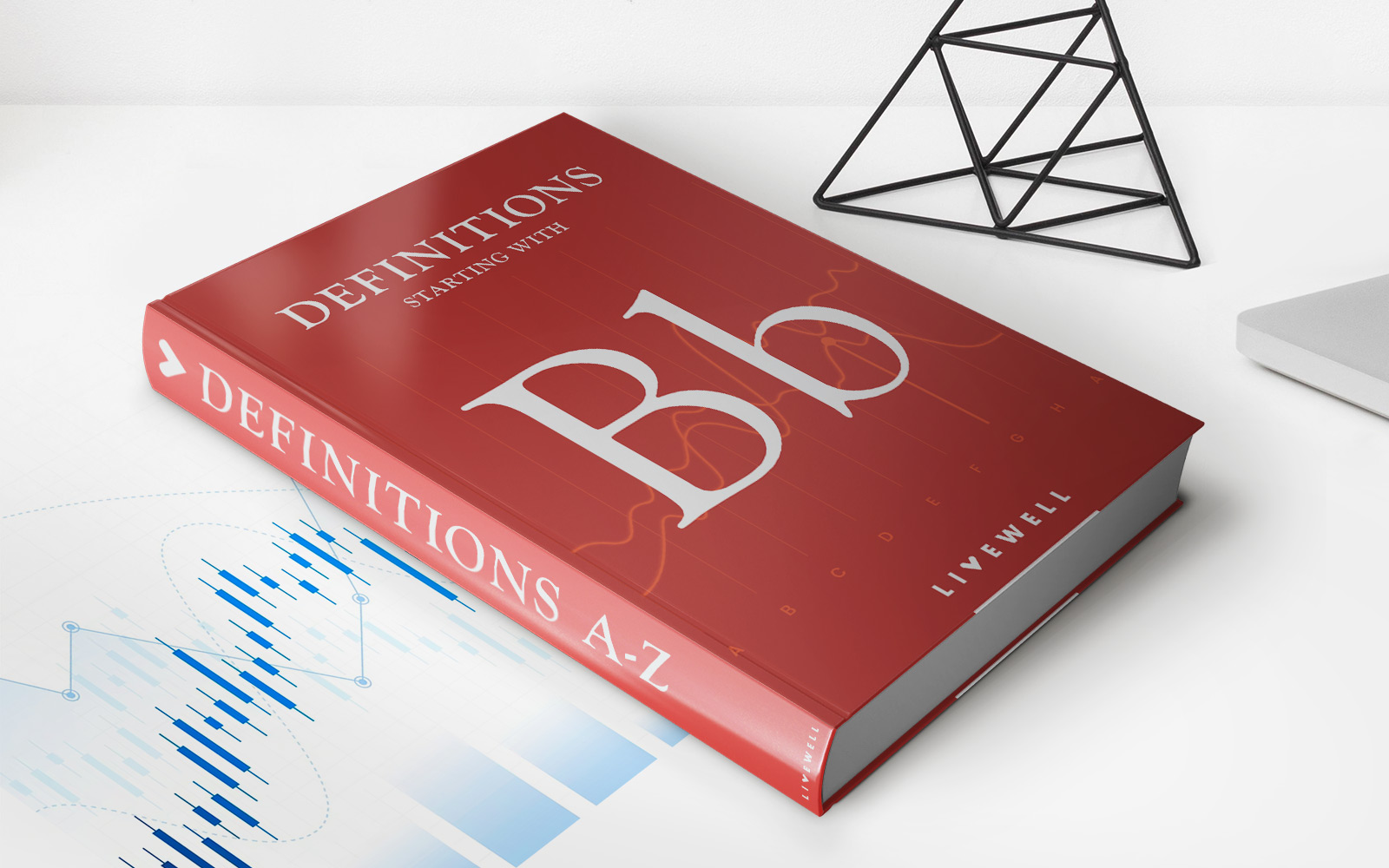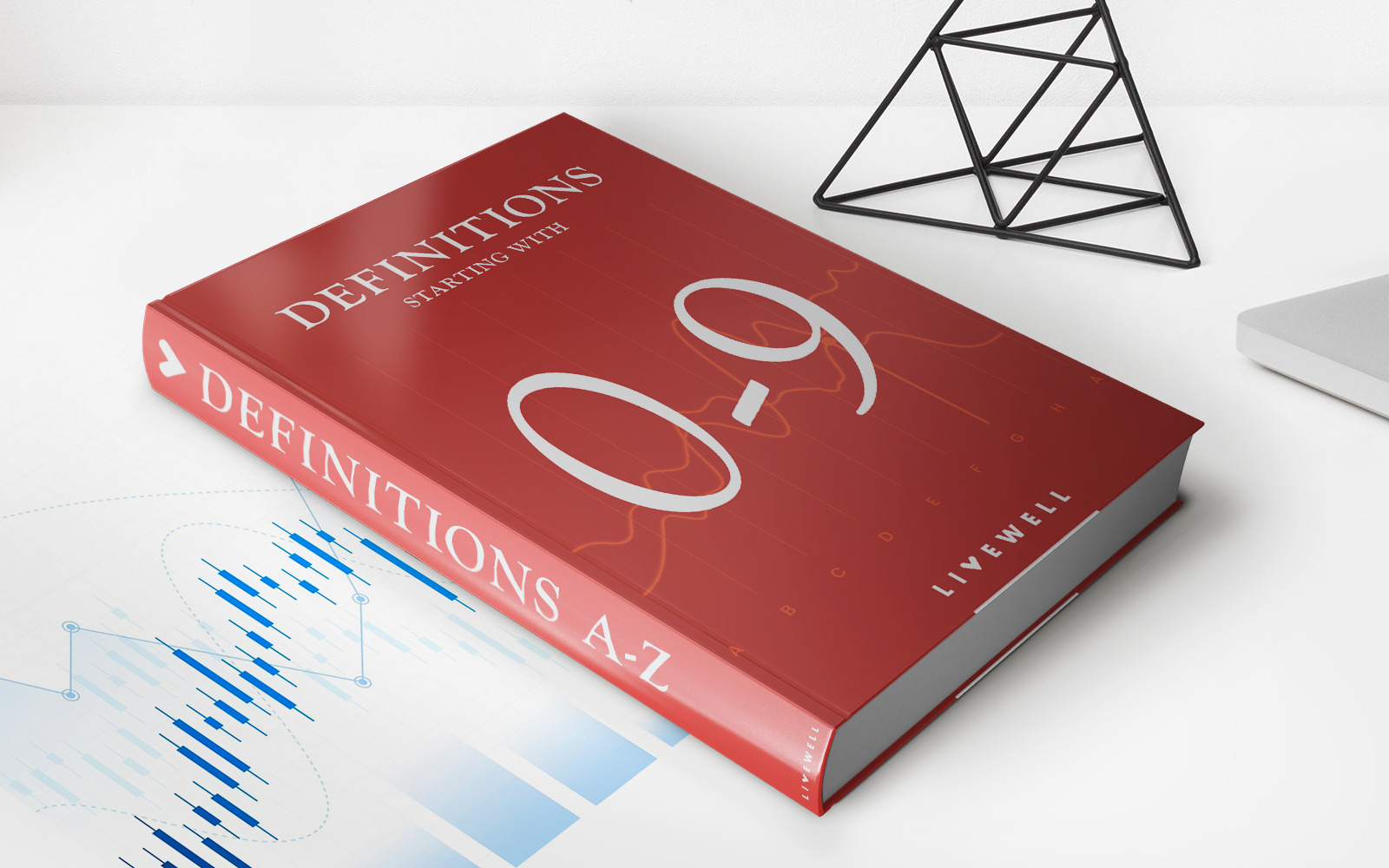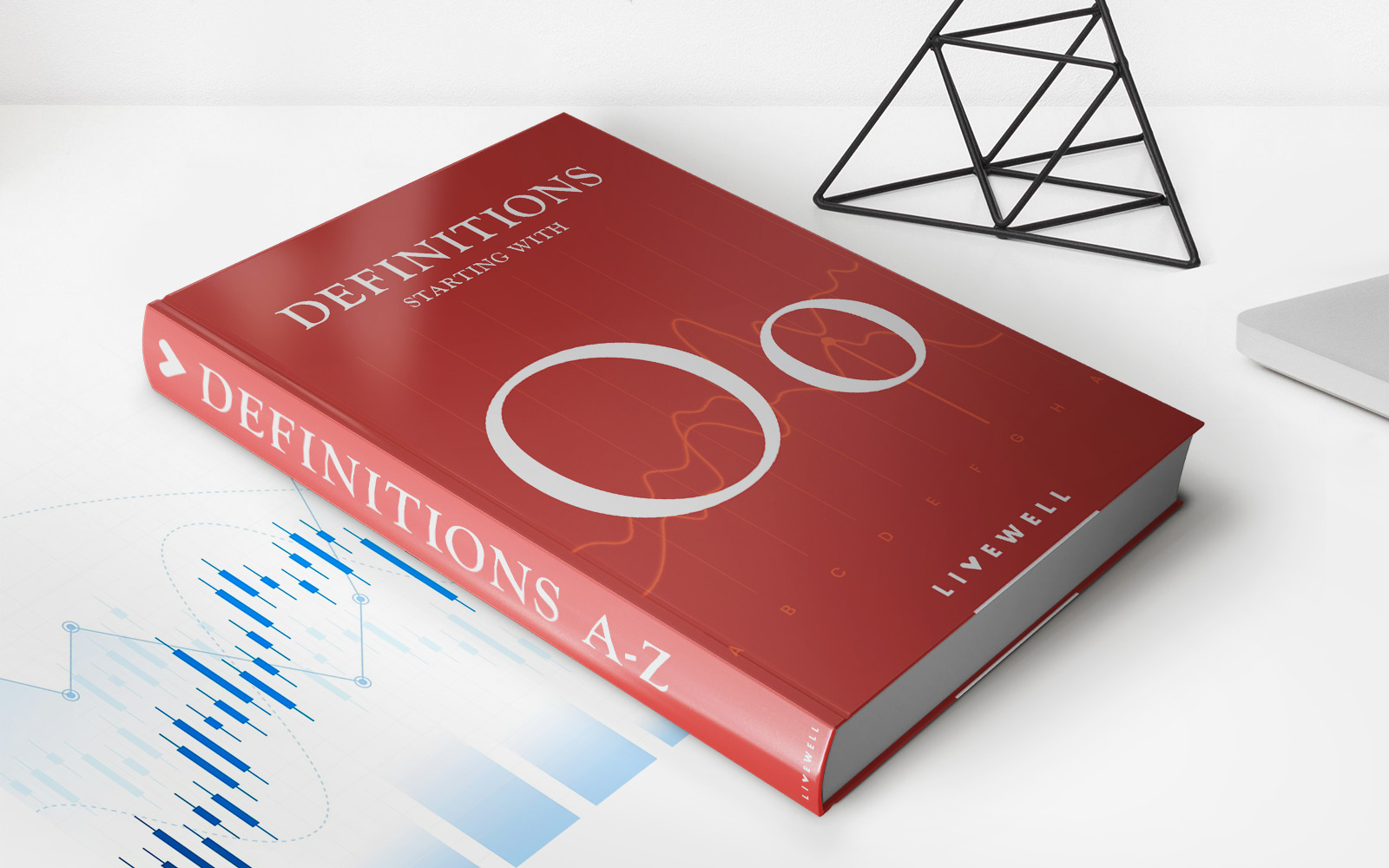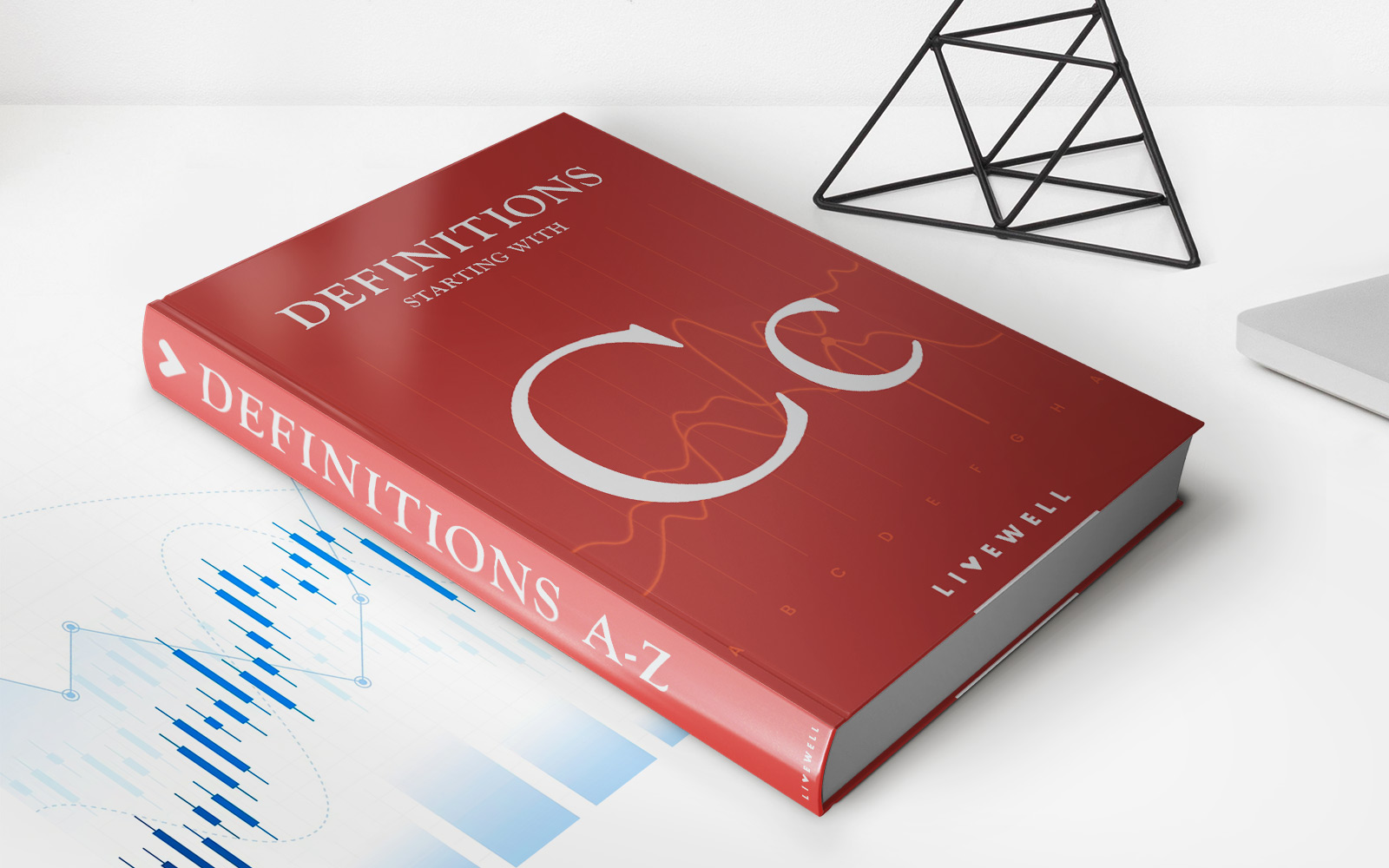Home>Finance>How Is The Minimum Payment Calculated On Discover Card


Finance
How Is The Minimum Payment Calculated On Discover Card
Published: February 26, 2024
Learn how the minimum payment is calculated on Discover Card and manage your finances wisely. Get insights and tips on finance management. Discover more!
(Many of the links in this article redirect to a specific reviewed product. Your purchase of these products through affiliate links helps to generate commission for LiveWell, at no extra cost. Learn more)
Table of Contents
- Understanding the Importance of Minimum Payments on Discover Card
- Significance of Minimum Payments on Credit Cards
- Influential Elements in Determining Minimum Payments on Discover Cards
- Understanding the Methodology for Determining Minimum Payments
- Practical Strategies for Effective Credit Card Debt Management
- Navigating the Realm of Minimum Payments on Discover Cards
Introduction
Understanding the Importance of Minimum Payments on Discover Card
When it comes to managing credit card debt, understanding the concept of minimum payments is crucial. As a Discover cardholder, comprehending how the minimum payment is calculated and the factors influencing it can significantly impact your financial well-being. This article will delve into the specifics of minimum payments on Discover cards, providing insights into their calculation, factors affecting them, and tips for effectively managing them.
Minimum payments play a pivotal role in maintaining a positive credit standing and managing debt effectively. They represent the lowest amount a cardholder must pay each month to keep the account in good standing. Failing to meet this requirement can lead to late fees, increased interest charges, and negative impacts on credit scores. Therefore, gaining a comprehensive understanding of minimum payments is essential for responsible credit card management.
In the following sections, we will explore the intricacies of minimum payments on Discover cards, shedding light on the calculation process and the various factors that contribute to determining the minimum amount due. By the end of this article, you will have a clear understanding of how minimum payments are calculated, enabling you to make informed decisions and take proactive steps to manage your credit card payments effectively.
Understanding the Minimum Payment
Significance of Minimum Payments on Credit Cards
Minimum payments on credit cards, including those issued by Discover, serve as the baseline amount that cardholders must remit each month to avoid penalties and maintain their accounts in good standing. While making only the minimum payment can help prevent late fees and adverse effects on credit scores, it is important to recognize that this approach may result in increased interest charges and a prolonged repayment period. Therefore, understanding the implications of minimum payments is crucial for responsible credit management.
By paying only the minimum amount due, cardholders essentially cover the interest accrued on the outstanding balance and a fraction of the principal amount. As a result, the remaining balance continues to accrue interest, potentially leading to a cycle of debt if the pattern persists over time. This underscores the importance of striving to pay more than the minimum whenever possible, as it can expedite debt repayment and reduce overall interest costs.
Moreover, comprehending the minimum payment structure empowers cardholders to make informed decisions regarding their financial obligations. It allows them to assess the impact of different payment scenarios on their outstanding balances and develop strategies for efficient debt management. By gaining a clear understanding of the minimum payment mechanism, individuals can take proactive steps to mitigate the long-term financial implications of carrying credit card debt.
Throughout this article, we will delve deeper into the intricacies of minimum payments on Discover cards, shedding light on the factors influencing their calculation and providing actionable tips for managing credit card payments effectively. By equipping yourself with the knowledge and insights presented here, you can navigate the realm of minimum payments with confidence and make informed decisions to safeguard your financial well-being.
Factors Affecting Minimum Payment Calculation
Influential Elements in Determining Minimum Payments on Discover Cards
Several key factors come into play when calculating the minimum payment on a Discover credit card. Understanding these elements is essential for cardholders seeking to manage their finances effectively and make informed decisions regarding their monthly payment obligations. By gaining insight into the factors influencing minimum payment calculation, individuals can proactively address their credit card debt and work towards financial stability.
- Outstanding Balance: The outstanding balance on a Discover card is a primary determinant of the minimum payment. Typically, the minimum payment is calculated as a percentage of the total balance, ensuring that a portion of the principal amount is repaid each month.
- Interest Rate: The annual percentage rate (APR) applicable to the credit card balance significantly impacts the minimum payment. Higher interest rates result in larger minimum payments, reflecting the increased cost of carrying the outstanding balance.
- Fixed Minimum Amount: Discover, like many other credit card issuers, sets a minimum payment floor. This fixed minimum amount ensures that cardholders remit a specified sum each month, regardless of the calculated percentage of the outstanding balance.
- Fees and Penalties: Additional fees, such as late payment fees or over-limit charges, can affect the minimum payment calculation. These charges may increase the total amount due, thereby influencing the minimum payment requirement for the subsequent billing cycle.
- Regulatory Requirements: Credit card issuers must adhere to regulatory guidelines regarding minimum payments. These requirements, often dictated by consumer protection laws, influence the minimum payment calculation methodology and ensure that cardholders are provided with transparent and fair payment obligations.
By considering these influential elements, Discover cardholders can gain a comprehensive understanding of the minimum payment calculation process. Armed with this knowledge, individuals can take proactive steps to manage their credit card debt efficiently, optimize their payment strategies, and work towards financial freedom.
As we continue our exploration of minimum payments on Discover cards, we will delve into the specific methodology for calculating the minimum payment, providing clarity on how these factors interplay to determine the monthly payment obligation.
How to Calculate Minimum Payment on Discover Card
Understanding the Methodology for Determining Minimum Payments
Calculating the minimum payment on a Discover card involves a specific methodology that considers various factors, including the outstanding balance, interest rate, and any applicable fees. By gaining insight into the calculation process, cardholders can better comprehend their monthly payment obligations and make informed decisions to manage their credit card debt effectively.
The typical approach to calculating the minimum payment on a Discover card involves determining a percentage of the outstanding balance, subject to a minimum fixed amount. This ensures that cardholders remit a baseline payment while accounting for a portion of the principal balance and the accrued interest. The specific calculation method may vary based on the terms and conditions of the card agreement, but it commonly includes the following elements:
- Percentage of Outstanding Balance: Discover often sets the minimum payment as a percentage of the total balance, typically ranging from 1% to 3% of the outstanding amount. This percentage-based component ensures that the minimum payment adjusts in proportion to the balance owed, aligning with the cardholder’s financial responsibilities.
- Fixed Minimum Amount: In addition to the percentage-based calculation, Discover imposes a fixed minimum payment threshold. This ensures that cardholders remit a specified minimum amount, even if the calculated percentage falls below this baseline figure. The fixed minimum amount serves as a safeguard, preventing excessively low payments that could prolong debt repayment and increase overall interest costs.
- Interest and Fees: The impact of interest charges and any applicable fees is factored into the minimum payment calculation. By accounting for the cost of carrying the outstanding balance and any additional charges, the minimum payment reflects the comprehensive financial obligation associated with the credit card account.
By understanding the methodology behind minimum payment calculation, Discover cardholders can gain clarity on their payment obligations and develop effective strategies for managing their credit card debt. This knowledge empowers individuals to make informed financial decisions, optimize their repayment approaches, and work towards achieving greater financial stability.
As we proceed, we will explore actionable tips for managing minimum payments on Discover cards, providing practical guidance for navigating the realm of credit card debt and maintaining a healthy financial outlook.
Tips for Managing Minimum Payments
Practical Strategies for Effective Credit Card Debt Management
Effectively managing minimum payments on a Discover card is essential for maintaining financial stability and working towards debt reduction. By implementing practical strategies and adopting responsible financial habits, cardholders can navigate the challenges associated with minimum payments and optimize their approach to credit card debt repayment. The following tips offer actionable guidance for managing minimum payments effectively:
- Pay More Than the Minimum: Whenever possible, strive to pay more than the minimum amount due. By exceeding the minimum payment, you can accelerate debt repayment, reduce overall interest costs, and work towards eliminating outstanding balances more efficiently.
- Create a Budget: Establishing a comprehensive budget that prioritizes debt repayment can help you allocate funds towards your credit card payments. By identifying areas where you can reduce expenses and redirect funds towards debt reduction, you can enhance your ability to manage minimum payments effectively.
- Monitor Your Spending: Keeping a close eye on your spending habits and exercising financial discipline can prevent the accumulation of additional debt. By curbing unnecessary expenses and practicing mindful spending, you can free up resources to contribute towards your credit card payments.
- Explore Debt Consolidation: Consider exploring debt consolidation options to streamline your outstanding balances and potentially secure a lower interest rate. Consolidating high-interest debts into a single, manageable payment can simplify your financial obligations and facilitate more effective debt management.
- Communicate with Your Issuer: In times of financial hardship or unexpected challenges, don’t hesitate to communicate with Discover regarding your payment concerns. They may offer assistance programs or alternative payment arrangements to help you navigate temporary financial setbacks.
- Automate Payments: Setting up automatic payments for at least the minimum amount due can help you stay on track with your credit card obligations. This reduces the risk of missed payments and associated penalties, contributing to a more consistent and disciplined approach to debt management.
By incorporating these practical tips into your financial management approach, you can enhance your ability to manage minimum payments on your Discover card effectively. These strategies empower you to take control of your credit card debt, work towards financial freedom, and cultivate responsible financial habits for long-term stability.
As we conclude our exploration of minimum payments and credit card debt management, it is essential to recognize that proactive financial management and informed decision-making are instrumental in achieving a healthy financial outlook. By leveraging the insights and strategies presented here, Discover cardholders can navigate the complexities of minimum payments with confidence and work towards achieving their long-term financial goals.
Conclusion
Navigating the Realm of Minimum Payments on Discover Cards
In conclusion, the concept of minimum payments on Discover cards holds significant implications for cardholders’ financial well-being and credit management. Understanding the calculation methodology, influential factors, and practical strategies for managing minimum payments is essential for fostering responsible financial habits and working towards debt reduction.
By gaining insight into the intricacies of minimum payments, Discover cardholders can make informed decisions regarding their monthly payment obligations, optimize their debt repayment strategies, and strive towards achieving greater financial stability. The significance of minimum payments extends beyond mere compliance with credit card terms; it encompasses the proactive management of debt, the reduction of interest costs, and the cultivation of disciplined financial habits.
As individuals navigate the realm of credit card debt, it is crucial to prioritize effective debt management, responsible spending, and proactive communication with credit card issuers when facing financial challenges. By implementing practical tips such as paying more than the minimum, creating a budget, and exploring debt consolidation options, cardholders can proactively address their credit card debt and work towards achieving long-term financial freedom.
Ultimately, the journey towards effective credit card debt management and responsible financial stewardship begins with a comprehensive understanding of minimum payments and their implications. By leveraging the insights and strategies presented in this article, Discover cardholders can navigate the complexities of minimum payments with confidence, make informed financial decisions, and strive towards achieving their long-term financial goals.
As we conclude our exploration of minimum payments on Discover cards, it is essential to recognize that proactive financial management and informed decision-making are instrumental in achieving a healthy financial outlook. By equipping yourself with the knowledge and strategies outlined here, you can embark on a path towards financial stability, debt reduction, and responsible credit card management.














